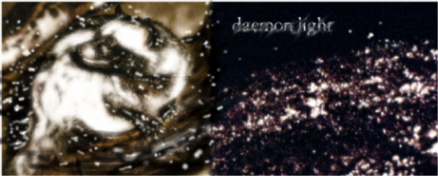These are two scenes that seemed to suffer from the same attitude - that when the story reached the brink of tragedy a new ending to the scene was hastily pasted over the actual one. So, where in the book the Tony Makarios episode comes to a close with a very touching ending in keeping with the tone of the episode, one which says a lot about Lyra's character growth and ratchets up the stakes in preparation for Lyra's own trip to Bolvangar. In the film, most of the episode is played in keeping with the book (if not brilliant it is at least workmanlike and communicates a little of the fear and sadness present in the book). But the film shies away from following this story to its conclusion and shoehorn in hope and redemption that doesn't belong there when at least the little boy is reunited with his mother, who promises everything will be all right (and how is a movie-goer to know any better than to believe that Billy might find Ratter again?).The Bad. Obviously, having the film limp to a lame conclusion with a terrible couple of final lines in the balloon... Tony's death and Lyra inscribing a coin for him. Tony's dried fish; a moving moment in the book that could have made it to the screen.
The same aversion to tragic conclusions is of course shown on a wider scale (it might be a test audience's reaction that cause that Little Cut but I imagine it was already a contentious issue for the makers). While the film has matched the books build towards a grand climax the film suddenly pulls back on the brink of paying it off and replaces it with the terrible, uplifting closing lines we all know so well.
I was thinking about Atonement earlier and wistfully imagining Joe wright as director of Northern Lights: THERE'S a director who can adapt book to screen. Atonement is a very literary book - a book about literature - and he manages to match its every bookish trick with a cinematic one to create a version of the story which is not a pale shadow of something written down, but strong in its own right. There's a director with imagination.
I think if there's one way of summing up all the many faults I find with TGC it would be that: it lacked any imagination. It lacked the imagination to see beyond the ephemera of the book, or the imagination to see how all the elements were linked together as a grand whole, or to understand the layers beneath the surface of concepts like daemons. Fantastical inventions like armoured bears felt awkward under Weitz's unimaginative interpretation.




